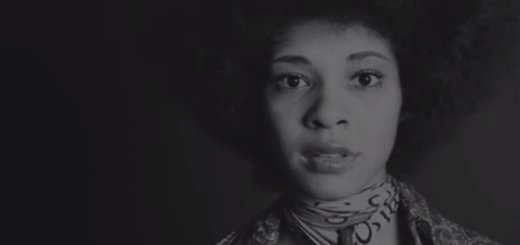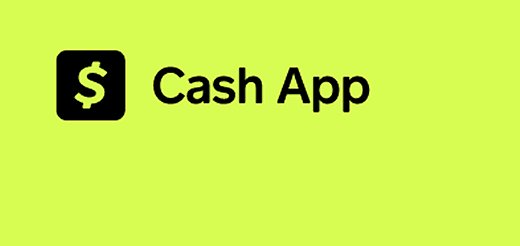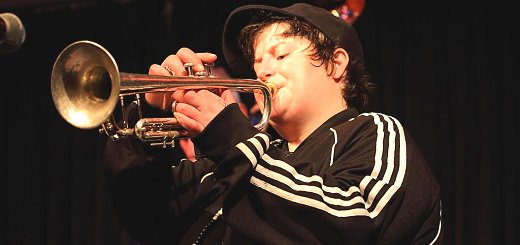Matty Karas: I want a future where artists freely use AI, not a future where AI freely uses artists

The MusicREDEF newsletter author shares his thoughts on the latest developments regarding A.I., trying to keep up with the subject: "I can imagine 'a future where Drake licenses his voice, and gets royalties or the rights to songs from anyone who uses it.' But I'm not looking forward to that future, and I’m all for resisting it. I want a future where artists freely use AI (as much or as little as they choose), not a future where AI freely uses artists."



